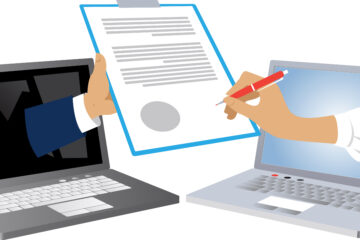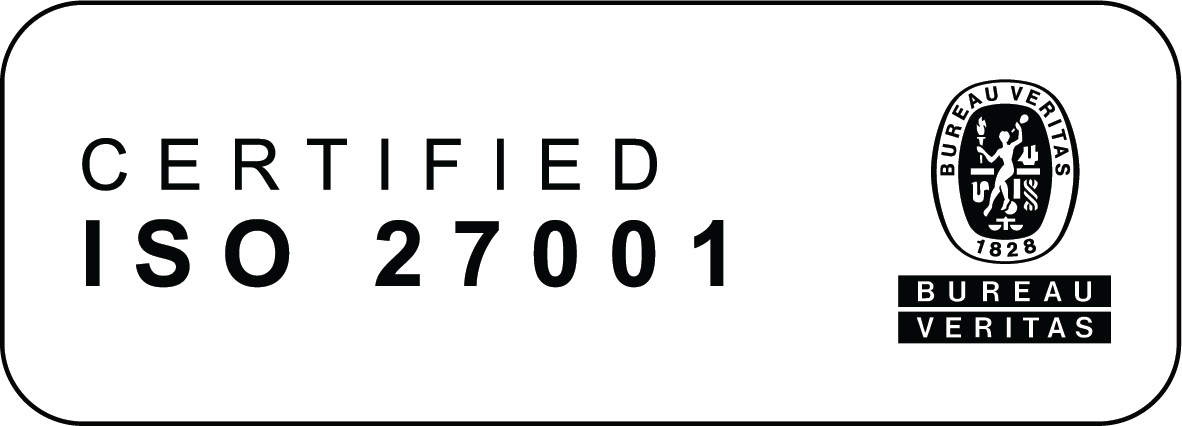Advanced Electronic Signatures (AdES) enhance the security and reliability of digital signing, eliminating the delays of in-person visits. Imagine a need to visit a lawyer or notary just to sign a document—it’s inconvenient and time-consuming. With AdES, you can sign securely from your home, office, or even on the go, saving time and hassle.
Previously, we sat down with Margus Pala, co-founder of eID Easy, to explore Qualified Electronic Signatures (QES) and Simple Electronic Signatures (SES). Now, Margus is back to share why AdES might be the perfect fit for your business. Let’s dive in!
What Is an Advanced Electronic Signature?
At its core, an Advanced Electronic Signature (AdES) offers more security and legal validity than a simple electronic signature. Still, it doesn’t go quite as far as a Qualified Electronic Signature (QES).
Margus summed it up perfectly:
“An Advanced Electronic Signature uniquely identifies the signer, ensures they control the signing process, and guarantees the signed data hasn’t been tampered with.”
This means that when someone signs using AdES, you can trust it was them and that the document remains secure and unaltered.
How Does AdES Work?
Though there’s a lot of tech working behind the scenes to keep things secure, the process of creating an AdES is straightforward:
- Identity Verification:
The signer’s identity is verified using trusted methods—usually through an app or device with a private key. This ensures the signature is tied specifically to that person. - Signing:
The signer reviews the document → then signs it using their private key. This might involve entering a PIN or using biometric authentication like a fingerprint. - Tamper Detection:
Once signed, the document is locked. If anyone tries to alter it, the signature becomes invalid.
“Most people don’t even notice the cryptographic magic happening in the background,” Margus added. “You just open your app, approve with a PIN or fingerprint, and you’re done.”
Why Choose AdES?
AdES is a fantastic option for situations where security and legal reliability matter, but the highest-level protections of QES aren’t required. Margus walked us through some key scenarios:
- For Low to Medium Risk Transactions:
If you’re signing contracts, approvals, or agreements and want the assurance of verified signer identity and document integrity, AdES is the way to go. - For High-Volume, Small-Value Transactions:
Businesses like loan providers or insurance companies dealing with many smaller contracts can benefit from AdES. It reduces risk without adding unnecessary complexity. - For Global Businesses:
AdES is recognized in many regions, making it a great choice for international operations.
“AdES is ideal when you need to know who signed, ensure the signature can hold up in court, and still keep things simple for your users,” Margus explained.
How Does AdES Compare to Other Signature Types?
Margus broke it down into an easy-to-understand comparison:
AdES vs. Simple Electronic Signatures (SES):
Simple signatures might be fine for super-low-stakes agreements, but they don’t verify the signer’s identity or ensure document integrity. Advanced Electronic Signatures offers both.
AdES vs. Qualified Electronic Signatures (QES):
While AdES and QES are often similar in user experience, the key differences lie in onboarding and security requirements:
- Onboarding: AdES has a more relaxed onboarding process, making it easier and faster for users to get started. In contrast, QES requires stricter identity verification because the liability for Trusted Service Providers (QTSPs) is significantly higher.
- Security Measures: AdES can sometimes allow simpler signature activation, such as single-factor authentication (e.g., password only), while QES typically requires multi-factor authentication for enhanced security.
- Certificate Storage: QES certificates must always be stored in Qualified Signature Creation Devices (QSCD), whereas AdES can sometimes use file-based private keys.
“From the user’s perspective, the experience of signing with AdES and QES is almost identical,” Margus noted. “But AdES gives you a perfect middle ground—reliable and secure without overcomplicating things.”

How eID Easy Makes AdES Easy
eID Easy helps businesses collect AdES signatures without the headaches. Margus highlighted some key ways the platform simplifies the process:
- One Integration, Global Reach:
With a single API integration, eID Easy connects you to trusted providers worldwide. Whether you need signatures from Italy, Brazil, or Vietnam, we’ve got you covered. - Seamless Workflow Integration:
Whether you use tools like SharePoint or custom software, eID Easy fits right in. There is no need to overhaul your systems. - Time and Cost Savings:
By handling the complexity of certificate management and regional regulations, eID Easy lets you focus on your business instead of the nitty-gritty of electronic signatures.
“Think of eID Easy as your global signature assistant,” Margus said. “We handle the backend work so you can focus on what you do best.”
Final Thoughts
Advanced Electronic Signatures offer a reliable and secure way to sign documents in today’s digital world. They’re perfect for businesses that need more assurance than simple signatures can provide but want to avoid the added complexity of QES when it’s not necessary.
Getting started with AdES is as easy as a single integration. When you’re ready to take the next step in your digital transformation – you know who will make it easy, no matter where you do business.






